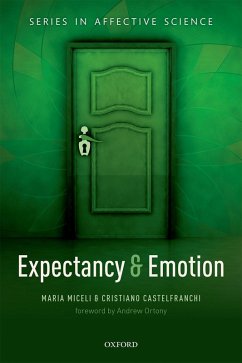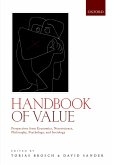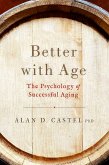The mind is a powerful anticipatory device. It frequently makes predictions about the future, telling us not only how the world might or will be, but also how it should be - or better - how we would like it to be. These expectancies shape our lives: they impact on our actual outcomes, often acting as self-fulfilling prophecies. They also constitute a reference point for establishing whether an outcome is a loss or a gain; that is, we evaluate our own outcomes not in absolute terms, but against our expectancies. And we feel ill-treated and betrayed when our expectancies are disappointed. This book explores anticipation-based emotions, that is, the emotions associated with the dialectical interaction between 'what is' and 'what is not (yet)', be it a mere wished-for possibility or an expectation proper. It offers an analysis of both the emotions implying anticipations of future events - such as fear, anxiety, hope, and trust - and those elicited by the disconfirmation of a previous anticipation - surprise, disappointment, discouragement, sense of injustice, regret, and relief - in terms of their belief and goal components. In addition, it addresses anticipated emotions, that is, emotions we think we might experience in future circumstances, and explores how they influence our decisions. The reader will be taken on a journey of exploration and discovery into the multifarious facets and implications of an important family of emotions, aimed at understanding what they have in common, as well as the distinguishing features of each distinct emotion, and predicting their motivational and behavioral consequences. For students and researchers interested in the affective sciences, including psychology, philosophy, and neuroscience, this is a highly original and thought provoking new work.
Dieser Download kann aus rechtlichen Gründen nur mit Rechnungsadresse in A, B, BG, CY, CZ, D, DK, EW, E, FIN, F, GR, HR, H, IRL, I, LT, L, LR, M, NL, PL, P, R, S, SLO, SK ausgeliefert werden.









